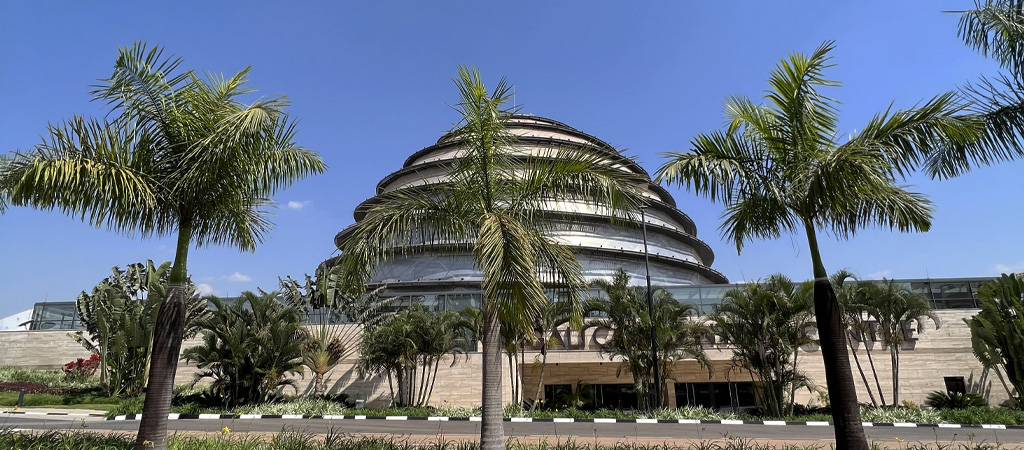By: Rahima Hassan

In 1952, the UN General Assembly officially acknowledged women’s political rights, including the right to vote, participation in political campaigning, and representation in government. Earlier, female political participation was seen more as an ethical and moral thing to adopt, however, with time active female political participation has proven to be fruitful for society.
Evidence shows that female participation in legislation has improved social factors including education, health, child development, and human rights concerns. For instance, higher number of females in legislation is associated with a greater number of bills passed concerning female issues in Arizona state of America. The same impact can be observed in developing countries too, for instance, in India higher female political representation is linked with higher investment in public sector for providing clean drinking water to villages.
In Pakistan, female participation in legislation has been a major concern in policymaking for decades due to cultural and societal norms. As per the demographic estimates, female consists of 49.2% of the total population, which makes up almost half of the population of the country, however, the gender makeup of the National Assembly records a meager 21 percent female parliamentarians.
From 2023 to 2018, a total of 226 bills were passed in National Assembly out of which female parliamentarians passed 58. The bills covered areas of education, health care, research and innovation, workplace female harassment, protection of human rights, improvement in the judiciary, and domestic violence. On the other hand, the bills passed by male politicians were regarding businesses, trade, inflation, taxes, energy, money supply and other issues related to finance.
The above statistics clearly describe that women’s representation in politics can have a significant positive impact on health, education, child development, and women’s empowerment. Moreover, as per the data from the National Assembly and Senate website in Pakistan, all bills represented by female politicians were passed in chronological sequence. Irrespective of the political affliction, women in parliament support their fellow parliamentarians on issues concerning women and development policies.
Therefore, as per the bills passed in the last 6 years in the National Assembly of Pakistan, we can say that to bring development in education, health, and human rights including children, journalists, females, and differently-abled people, women participation in politics ought to be encouraged. A legislative solution is increasing the number of reserved seats for women and adopting women-friendly laws to ensure higher participation of women in politics. Further, female education particularly leadership studies is another factor that can encourage and empower women to be strong enough to enter the field of politics. Providing Leadership studies to both men and women from a young age and providing them the opportunity to experience and implement their leadership skills can be an effective way to create future leaders. Apart from focusing on more reserved seats for women, work has to be done on how to make sure the existing female politicians are introducing a significant number of effective policies. Training female legislators to run political offices, obligating them to introduce quality legislation annually can be implemented for the above purpose. Moreover, establishing organizations similar to foreign organizations for instance RUN/51, THE BROWN GIRLS GUIDE AND MADAM POLICY can be established in Pakistan to empower and provide mentorship to women interested in politics.
The writer has an interest in research about gender, organizational economics, and political economics. She can be reached at [email protected]




